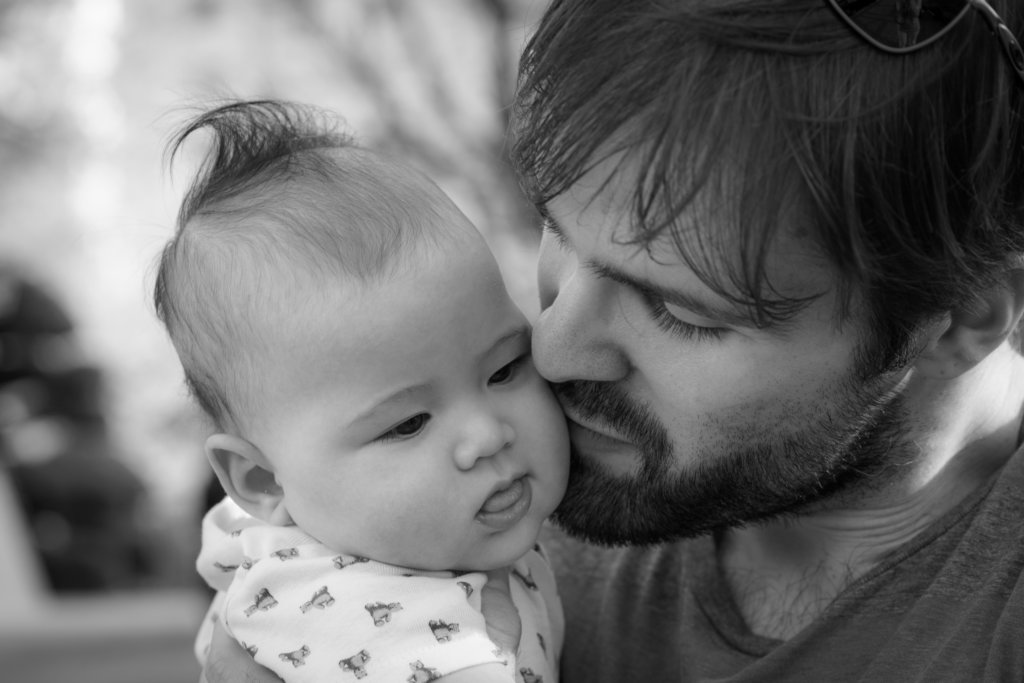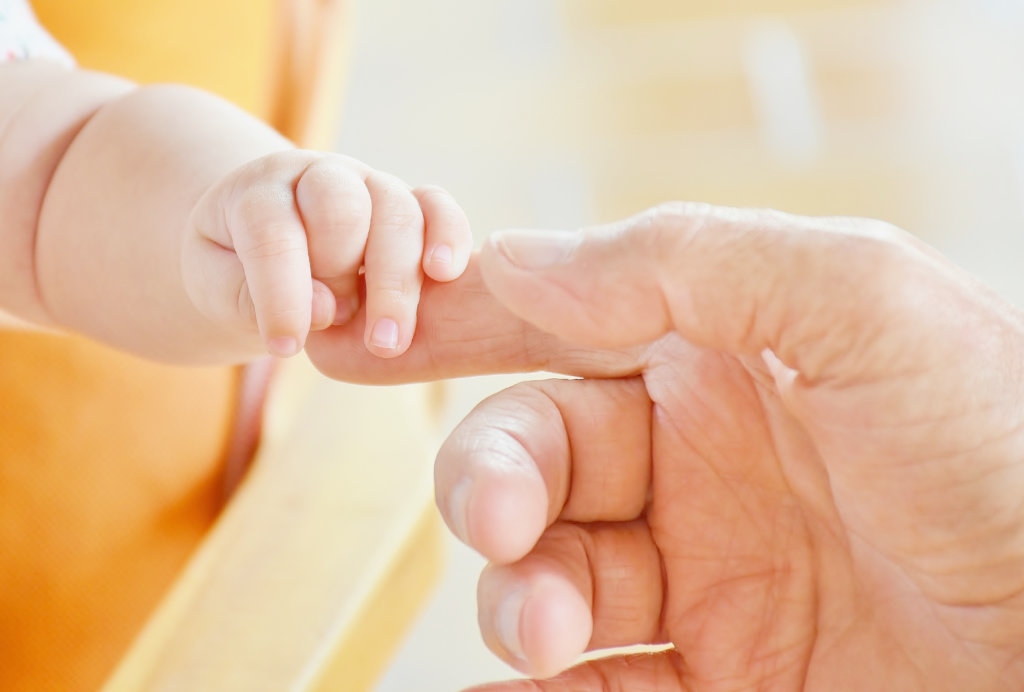How to be an abortion ally
Abortion is safe, legal and common in Australia. By being an abortion ally you...
Content warning: discussion of perinatal depression and anxiety. If reading this article brings up issues for you, call WIRE on 1300 134 130.
I am a National Community Champion and Educator at PANDA — Perinatal Anxiety & Depression Australia. As someone who experienced PNDA after the birth of my first child, I raise awareness and talk to people in the community about my personal journey and the work that PANDA does to help people in Victoria.
PANDA supports parents and families across Australia affected by anxiety and depression during pregnancy and in the first year of parenthood.
Perinatal depression and anxiety (PNDA) is a mental illness that can affect parents and caregivers during pregnancy or in the first year of parenthood. One in five expecting or new mums and one in ten expecting or new dads will experience perinatal anxiety or depression*.
It has a range of symptoms and it can be different for everyone. It doesn’t discriminate.
To see if what you’re experiencing or observing in a loved one could be a reason to seek help, you can fill out a short mental health checklist.

When you are pregnant or you have just had a child, a lot of people (with the best intentions) bombard you with questions like ‘When are you going back to work?’ or ‘How is the baby sleeping?’.
There’s a rhetoric we hear a lot — “All that matters is a healthy baby, so it doesn’t matter what happens to mum”. My partner, Brett, found that too. Both Brett and I had PNDA. People never ask the non-birthing partner ‘How are you going?’
Health professionals especially forget to ask.
From the beginning there were different expectations. At our first doctor’s appointment during my pregnancy, the doctor commented on how surprised they were that Brett even came to appointments with me. It made me realise that it wasn’t the ‘norm’ to include the non-birthing partner.
It made Brett feel on the outside. I was sick for the first four months of my pregnancy and because of this, and society’s misconceptions about PNDA, Brett didn’t want to take up space with his own struggles.
Remember: It’s OK to take up space.
I was good at putting on the mask of coping and pretending everything was OK. I had a visceral fear that perhaps if I admitted that I wasn’t OK that someone would take my child away.
The challenges for women of colour are even more significant.
[It is such a real fear but talking to PANDA I was definitely reassured that it wouldn’t be the case. They check in a gentle way and if the baby is safe, it’s better for you to have your baby with you.]

The messages we receive from the media and broader society are that once you have a baby, your life is complete. There is this idea that ‘motherhood brings happiness’ and that being a ‘good parent’ comes naturally.
We are bombarded with a story that it’s all going to be easy and that we should be able to handle it on our own. In reality, no one knows what they’re doing. It’s not a Huggies fantasy. We need lots of support too.
So, let’s change the conversation and look at things through an expanded lens. When the baby comes, yes, there is a small human who needs help, but you also need help as a new parent.
The theme of PANDA Week is ‘Let’s get real’. It’s about having real conversations.
When I realised I was really suffering, I called the PANDA helpline. It’s a national helpline which is staffed by trained counsellors and when you call, you’re put through to someone who is suited to what you need and they can talk to you about what’s going on. As well as listening without judgment, they can provide referrals to other services. The helpline is available for anyone, not just parents. It doesn’t matter how you identify.
For me, it was a soft place to land.
I called PANDA at crisis point. And that was the turn around for me. Having such a kind and comforting voice on the other end of the phone made me feel like I was being heard. That first conversation was the first step of my road to recovery.
It’s so important for parents to tell their stories and for their stories to be heard. It can be very healing, destigmatising, normalising and validating. A lot of people suffer in silence; the more real conversations we have the more we can come to see a true landscape.
After his experiences with PANDA, Brett is now the person among his colleagues who starts the conversation to see how people are going.
For me, the two biggest ones have been calling on my social network – acknowledging that, “You know what? I am struggling” and having my community be receptive to that, dropping off food and letting me be vulnerable – as well as learning to have self-compassion. It’s important to be kind to yourself and talk to yourself like you would a close friend. Be gentle, remember that you don’t have to be perfect. Perfect is a myth.
I also try to eat properly and get some light exercise.
PANDA operates Australia’s only national helpline for individuals and their families to recover from perinatal anxiety and depression, a serious illness that affects up to one in five expecting or new mums and one in ten expecting or new dads.
Getting in touch:
If you are reading this outside of operating hours and need to speak to a counsellor now, call Lifeline on 13 11 14 or Pregnancy Birth Baby Helpline on 1800 882 436. If you require urgent help please call 000.
If this article brought up issues for you and you’d like to chat, call WIRE on 1300 134 130. This article is part of our Lived Experience collection and the author was paid for her contribution. If you would like your story to be considered, please complete the consent form and submit your story via our online form.
* We don’t have figures for PNDA in gender-diverse parents